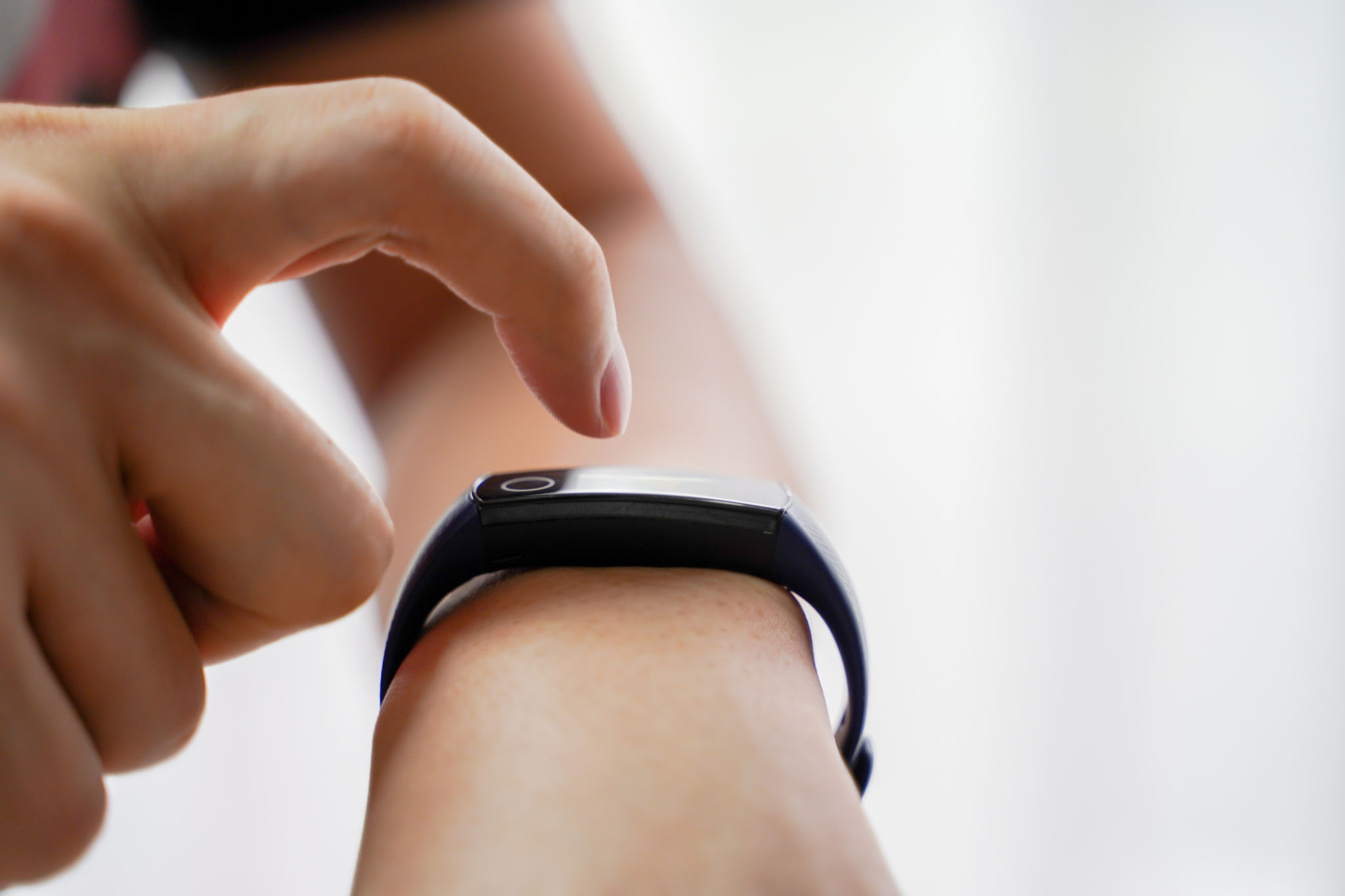Top Health Technology Trends Transforming the Healthcare Landscape
Revolutionizing Patient Care with Telemedicine
The emergence of telemedicine has been one of the most significant technological advancements in healthcare. By leveraging video conferencing, mobile apps, and other digital communication tools, telemedicine allows patients to consult with healthcare professionals remotely. This not only enhances accessibility but also reduces the burden on physical healthcare facilities.

Telemedicine has proven especially valuable in rural and underserved areas, providing critical access to medical care where it might otherwise be limited. Additionally, during public health emergencies, such as the COVID-19 pandemic, telemedicine has played a crucial role in minimizing the risk of virus transmission.
Wearable Technology: Monitoring Health in Real-Time
Wearable technology, including devices like fitness trackers and smartwatches, has transformed how individuals monitor their health. These devices can track vital signs such as heart rate, sleep patterns, and physical activity levels, providing users with real-time data.
By integrating with mobile apps and healthcare platforms, wearable technology enables continuous health monitoring and facilitates proactive healthcare management. This data can be shared with healthcare providers for more personalized and informed care.

Artificial Intelligence in Diagnostics and Treatment
Artificial Intelligence (AI) is rapidly becoming an integral part of healthcare, particularly in diagnostics and treatment planning. AI algorithms can analyze vast amounts of medical data to identify patterns and assist healthcare professionals in making more accurate diagnoses.
Moreover, AI-driven tools can predict patient outcomes and suggest personalized treatment plans, enhancing the overall efficiency and effectiveness of healthcare services. This technology is also used in imaging and pathology, enabling faster and more accurate analysis.

Blockchain for Secure Health Data Management
Blockchain technology is being explored as a solution for secure health data management. By creating decentralized, tamper-proof records, blockchain ensures the privacy and integrity of patient information.
This technology allows for seamless data sharing across different healthcare providers while maintaining stringent security protocols. As a result, blockchain can improve interoperability, enhance patient data security, and streamline administrative processes.
Robotics in Surgery and Rehabilitation
Robotics is transforming surgical procedures and rehabilitation, offering precision and efficiency that surpass traditional methods. Robotic-assisted surgeries enable minimally invasive procedures, reducing recovery times and improving patient outcomes.

In rehabilitation, robotic devices assist patients in regaining mobility and strength, customizing therapy to individual needs. These advancements are reshaping the surgical landscape and helping patients achieve better recovery results.
Conclusion: Embracing the Future of Healthcare
The integration of these health technology trends is revolutionizing the healthcare landscape. By improving accessibility, personalizing treatment, and enhancing data security, these innovations are paving the way for a more efficient and effective healthcare system.
As technology continues to evolve, the potential for further advancements in healthcare is immense. Embracing these changes will be crucial for healthcare providers, patients, and policymakers alike, ensuring a healthier future for all.

